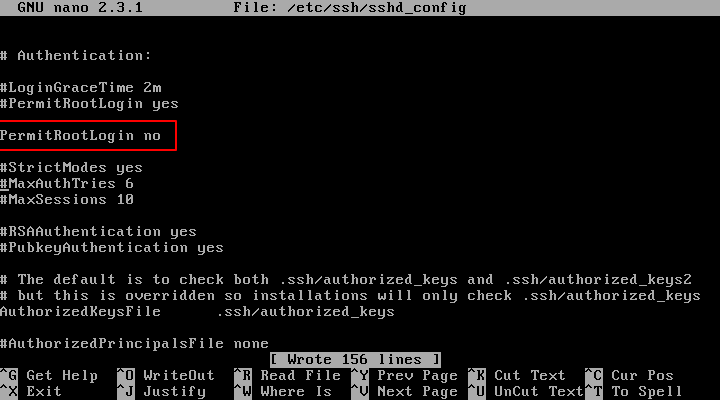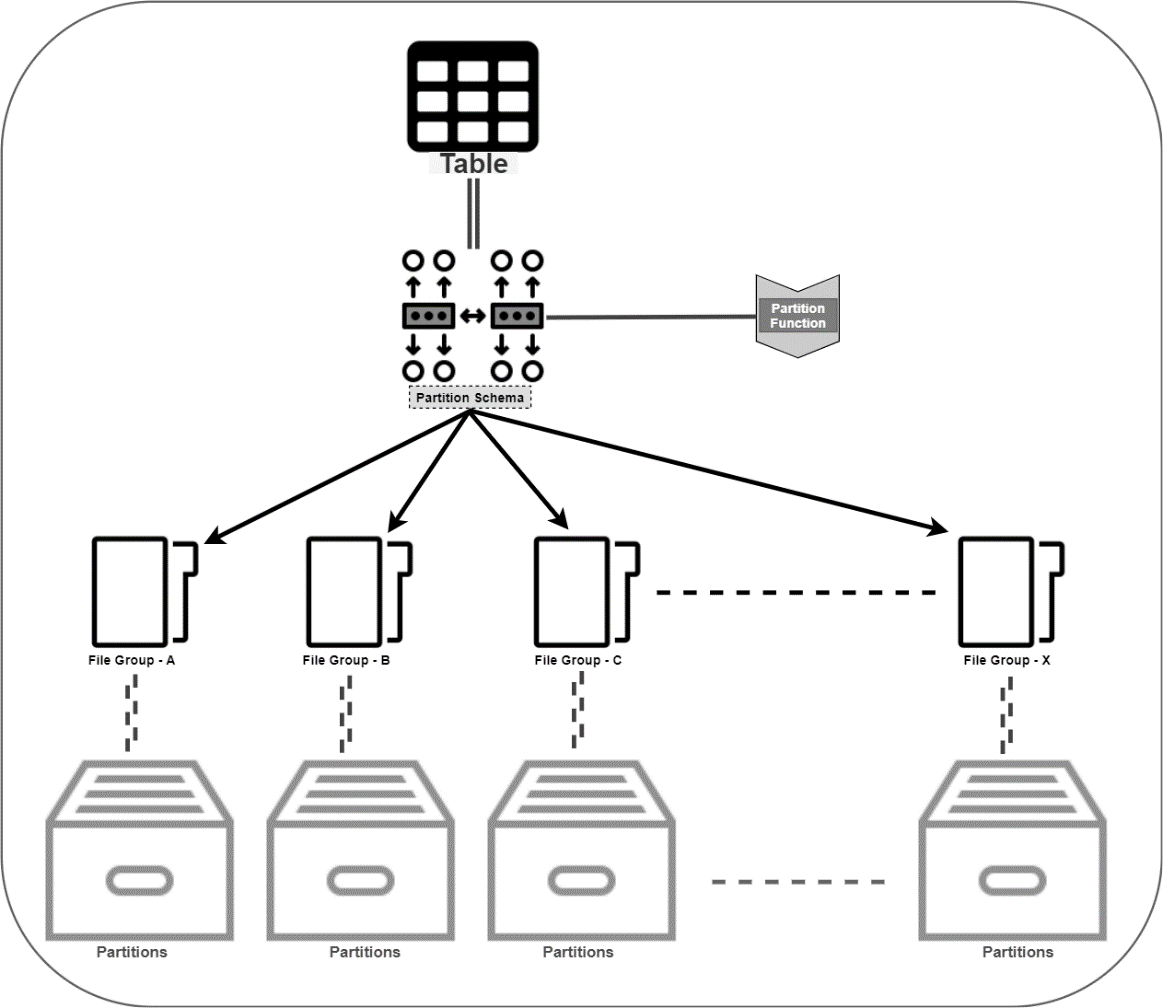
The Operating system (OS) is the program that manages your server’s hardware and software resources and which provides the services other applications need to run. Without it, your server would not be able to function. In this post, we’ll look at the Linux OS and explain why it is one of the best choices for businesses.
1. Linux is open source software

One of the biggest advantages of Linux is that it is open source. Unlike Windows, it has not been developed by a single company but by a wide range of contributors. As it is not owned by any individual business, developers are able to take it and make improvements and modifications to it. As a result, Linux has seen constant innovation over its lifetime, where developers have sought to iron out issues and make enhancements that have extended its capabilities. This has led to it being one of the best OS solutions available.
One of the consequences of Linux being open source is that, over time, different versions have been produced. Known as ‘distributions’, each of them takes the Linux kernel and builds their own system around it, each with different functions and abilities. This gives users a greater choice when choosing their Linux OS. Some of the well-known ones are Ubuntu, Fedora and CentOS.
2. It’s free to use
The other major advantage of being open source is that Linux is free to use. As no company owns the software, you cannot be charged a licence fee. That’s brilliant news for small and medium-sized businesses who have to be careful with their budgets. This is one of the reasons that Linux hosting is cheaper than Windows hosting: if you use Windows, the cost of the licence will be included in your hosting fees.
3. It’s perfect for developers
As an open source program, Linux is designed to be played around with. This means that companies with specific requirements are able to give it to their developers to make business-driven modifications which they can trial in cloud-based testing environments. This is exceptionally useful if you are developing a new application or if you have an existing application that isn’t fully compatible with your Linux distribution. The only proviso is that any improved version that comes out of the development process must also be open source and free for others to use.
4. A robustly secure OS

While no piece of software currently stands invincible against cyber attacks, Linux has consistently proved itself to be highly resilient. Again, this is partly due to its open source origins. With so many developers working on it around the world, any security holes are spotted and dealt with very swiftly with the quick release of security patches.
The other advantage is that Linux is much less of a priority for cybercriminals. Although it is widely used on web servers, it doesn’t feature much in other forms of computing. There are far more home computers to hack into and the vast majority of these are using Windows and Mac OS. This makes them far more appealing prey to the hacker – especially as PCs and laptops are generally less well secured than business servers.
5. A fast performing OS

As a business, you want your server to perform as quickly as possible, whether that’s to deliver blisteringly fast website loading times or to run big data analyses. Although there are a lot of factors involved when it comes to speed, your choice of OS does play a part.
Anyone who owns a Windows PC will be aware that it can get bloated and sluggish over time. There is always a plethora of background processes hogging the resources and a regular need to defrag the drive and the registry.
What makes Linux faster is that it doesn’t format its drive using NTFS and nor does it have a registry. So, two of the things which are renowned for slowing Windows down are completely absent from the Linux make up.
6. Consider your app choices

When comparing Linux with Windows, you also need to think beyond the operating system itself and to the wider software ecosystem. If you opt into a specific system, you may be restricted in the types of software you can use. Just as an Android phone can’t run an iOS app (and vice versa), there are certain apps that can only run on a Windows or Linux server – this even includes your choice of control panel app. If you’re a big fan of cPanel, for example, you’ll be disappointed to know it’s not compatible with Windows servers.
When making your choice, you also need to consider that the open source nature of Linux has led to the development of a multitude of open source applications which can run on it. These are also free to use.
Conclusion
Linux is an exceptionally popular and widely used server operating system. It’s free to use, continually updated and comes in a range of distributions, each offering their own unique features. It’s a highly secure system, fast performing and works with a huge range of other free, open source applications.








![How to Backup VPS [5 Tips to Make it Simple] | Liquid Web](https://www.liquidweb.com/static/23275648d122433034250535983fe731/2f1b1/how-to-backup-vps.jpg)

